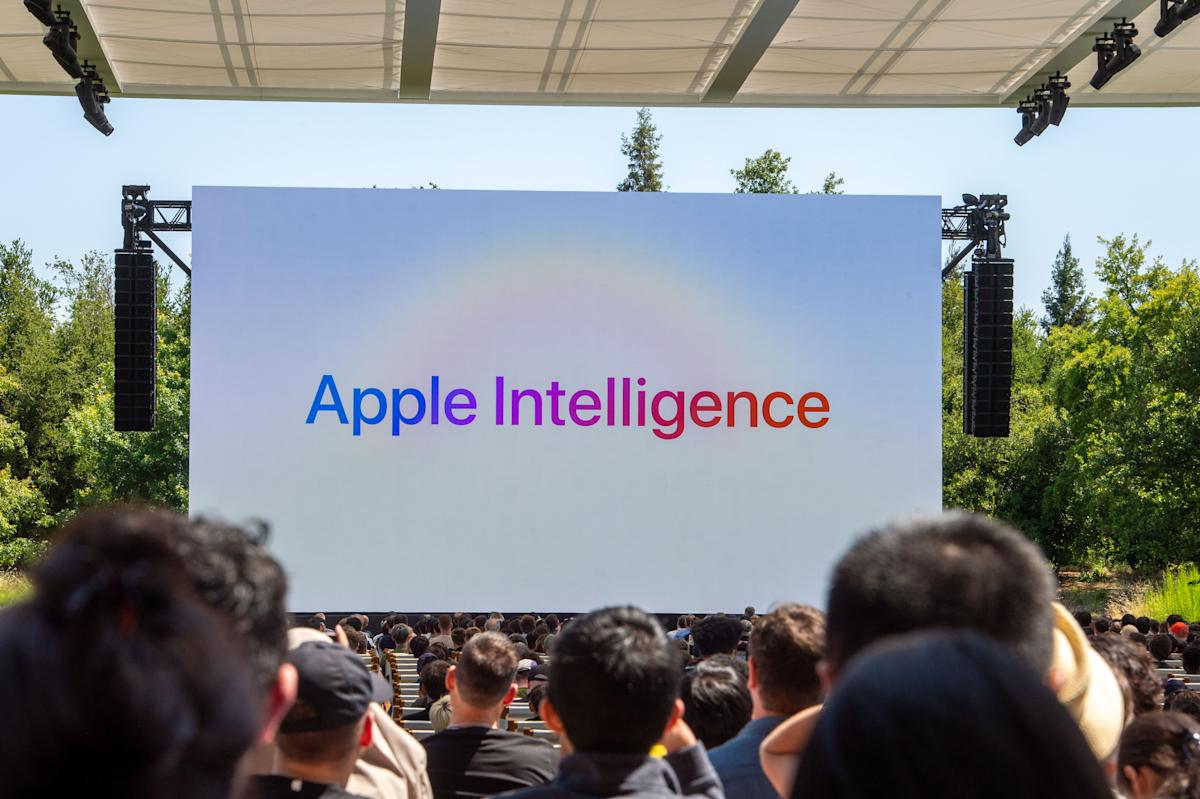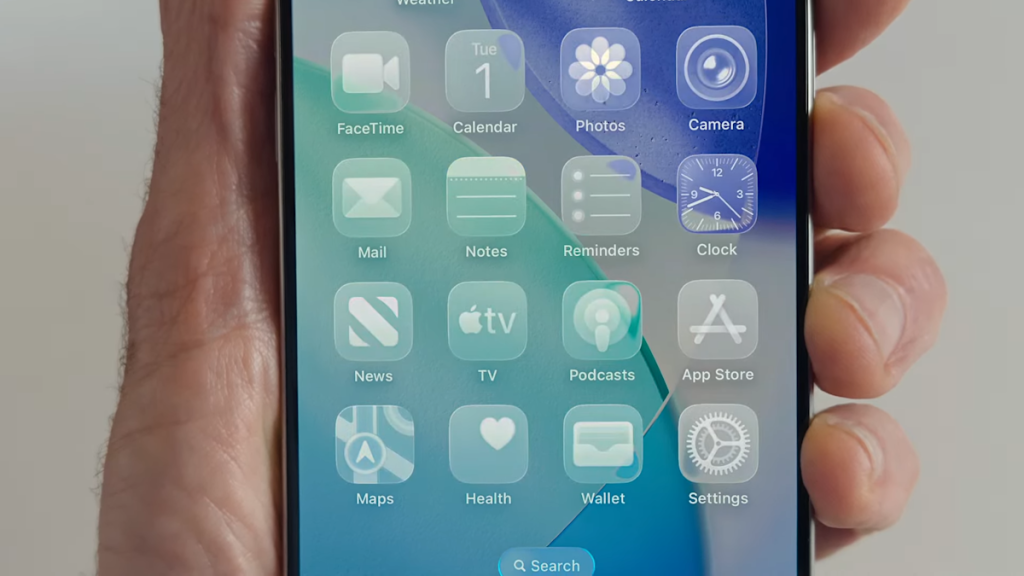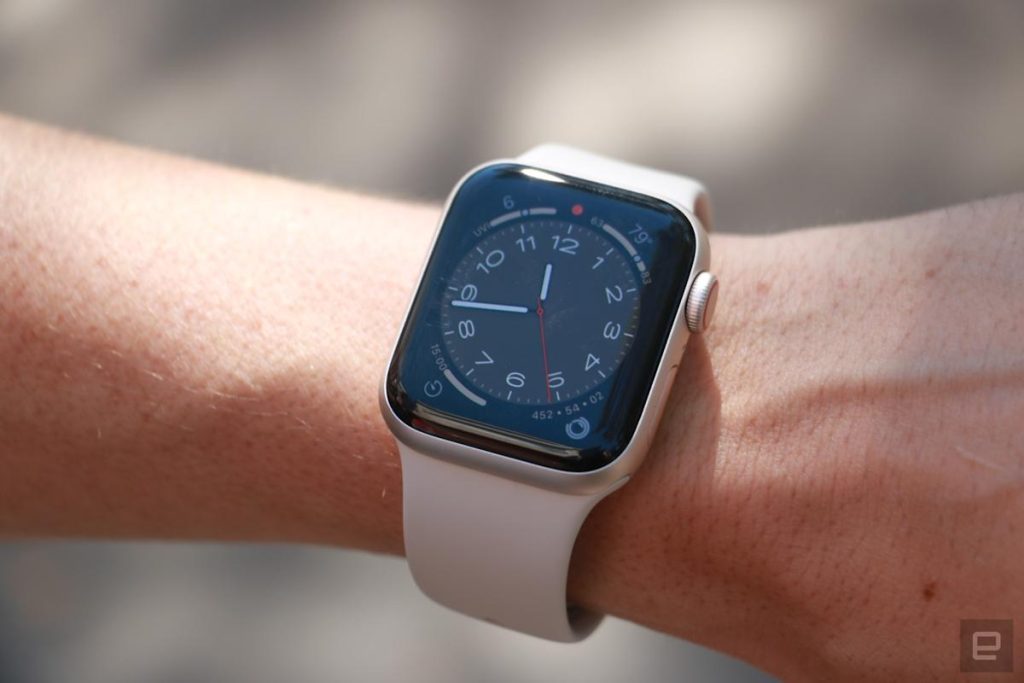Apple faces lawsuit over alleged use of pirated books for AI training

Two authors have filed a lawsuit against Apple, accusing the company of infringing on their copyright by using their books to train its artificial intelligence model without their consent. The plaintiffs, Grady Hendrix and Jennifer Roberson, claimed that Apple used a dataset of pirated copyrighted books that include their works for AI training. They said in their complaint that Applebot, the company’s scraper, can “reach ‘shadow libraries'” made up of unlicensed copyrighted books, including (on information) their own. The lawsuit is currently seeking class action status, due to the sheer number of books and authors found in shadow libraries.
The main plaintiffs for the lawsuit are Grady Hendrix and Jennifer Roberson, both of whom have multiple books under their names. They said that Apple, one of the biggest companies in the world, did not attempt to pay them for “their contributions to [the] potentially lucrative venture.” Apple has “copied the copyrighted works” of the plaintiffs “to train AI models whose outputs compete with and dilute the market for those very works — works without which Apple Intelligence would have far less commercial value,” they wrote in their filing. “This conduct has deprived Plaintiffs and the Class of control over their work, undermined the economic value of their labor, and positioned Apple to achieve massive commercial success through unlawful means.”
This is but one of the many lawsuits filed against companies developing generative AI technologies. OpenAI is facing a few, including lawsuits from The New York Times and the oldest nonprofit newsroom in the US. Notably, Anthropic, the AI company behind the Claude chatbot, recently agreed to pay $1.5 billion to settle a class action piracy complaint also brought by authors. Similar to this case, the writers also accused the company of taking pirated books from online libraries to train its AI technology. The 500,000 authors involved in the case will reportedly get $3,000 per work.











